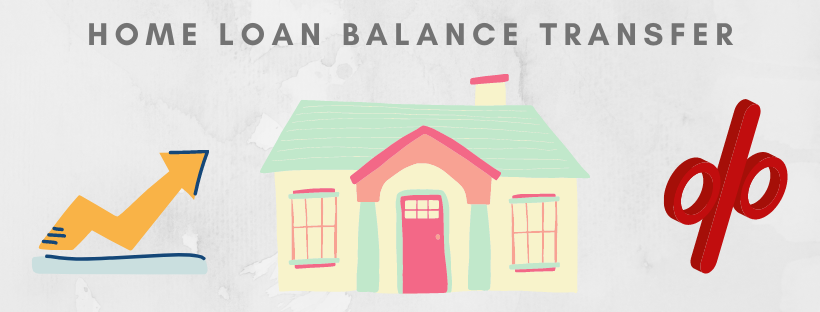If you’re a business, sole trader or are working as a contractor and have heard you need some kind of public liability insurance, despite hearing something about its importance, you might not actually know what it actually entails. In essence, public liability insurance is a means for people to cover damage to property or an injury that they cause while at work. This could mean that you’re covered for repair to the property that was damaged, medical bills if a person was injured, or legal fees should the case go to court. There are many more nuances related to public liability insurance, so in this article we take a look at what these policies specifically cover.
What public liability insurance does cover?
Even if you don’t like the look of a public liability insurance quote you’ve researched, without it you may have to contend with some very serious financial implications down the road. These implications occur because public liability insurance isn’t actually required by law in Australia, meaning there are many instances where people are not adequately protected. Perhaps the most basic aspect of public liability insurance is covering damage to property. Insurance in this case will cover the costs related to repairs or replacements of items that are accidentally damaged, which could be either big or small. Public liability also covers injuries due to an individual’s actions in the workplace, whether it be their own or someone else’s. The costs covered here will be related to things like medical bills and rehabilitation costs, although each case will be different. Legal costs are also covered by public liability in the event that you have to contend with a liability claim. It’s important to know that even if their claim doesn’t hold up in court, you may still need to pay the cost of the case out of your own pocket.
What doesn’t public liability insurance cover?
Public liability covers a lot, but it doesn’t cover everything. For example, while a liability claim might be successful, it may still not cover extra costs, including things like punitive damages, taxes and fines. Public liability insurance also doesn’t cover instances where property under the control of your business is damaged or when the property of employees is damaged. In the case of injuries to you or your staff, as these are not third parties, workers compensation insurance will instead need to be pursed. Although it should be obvious, any illegal or deliberately targeted behaviour that results in damage to property or injury to people will not be covered. There are a few other exceptions to the rule that are also not commonly considered, such as asbestos, pollution, aircraft products and any product recalls, although these things are quite uncommon for most workplaces.
Public liability insurance is valued for a reason There is a reason that many employers require contractors to have liability insurance cover – this form of insurance provides excellent peace of mind to both employer and employee, ensuring that any issues that occur in the workplace create a financial burden. After all, it only takes one small unforeseen accident to cause a smaller workplace to fold, and this can make the small cost of entry seem like a relative bargain in comparison!




